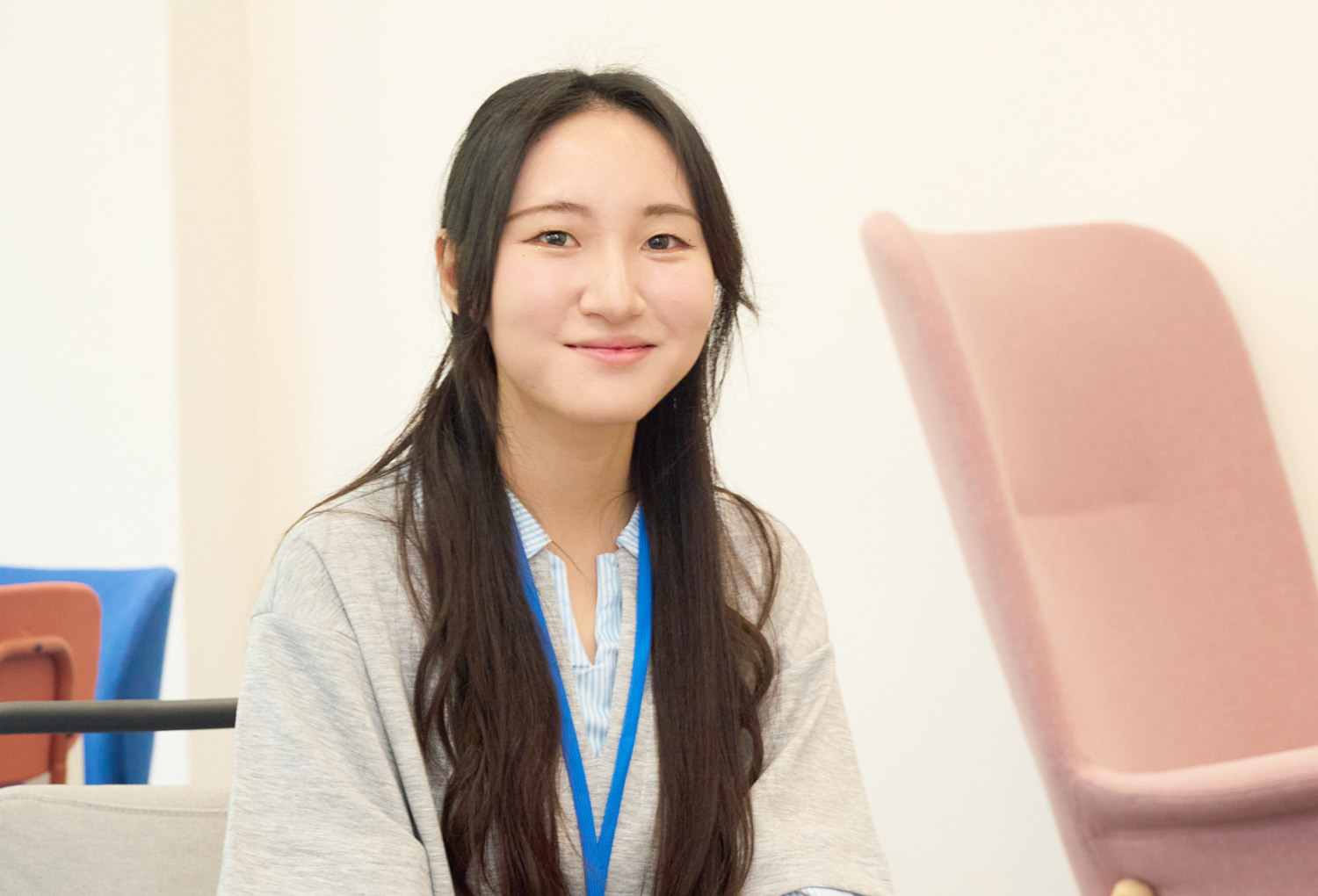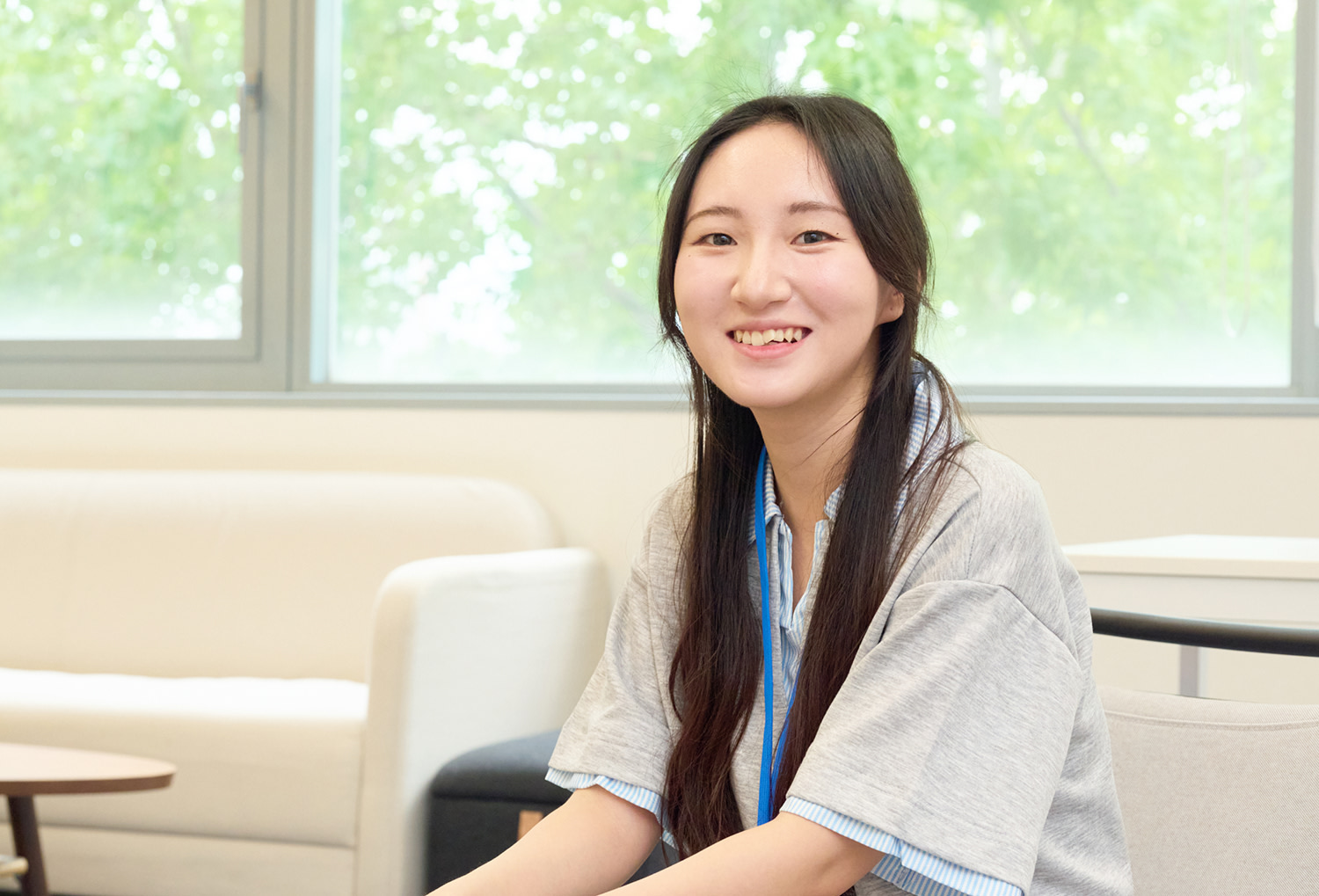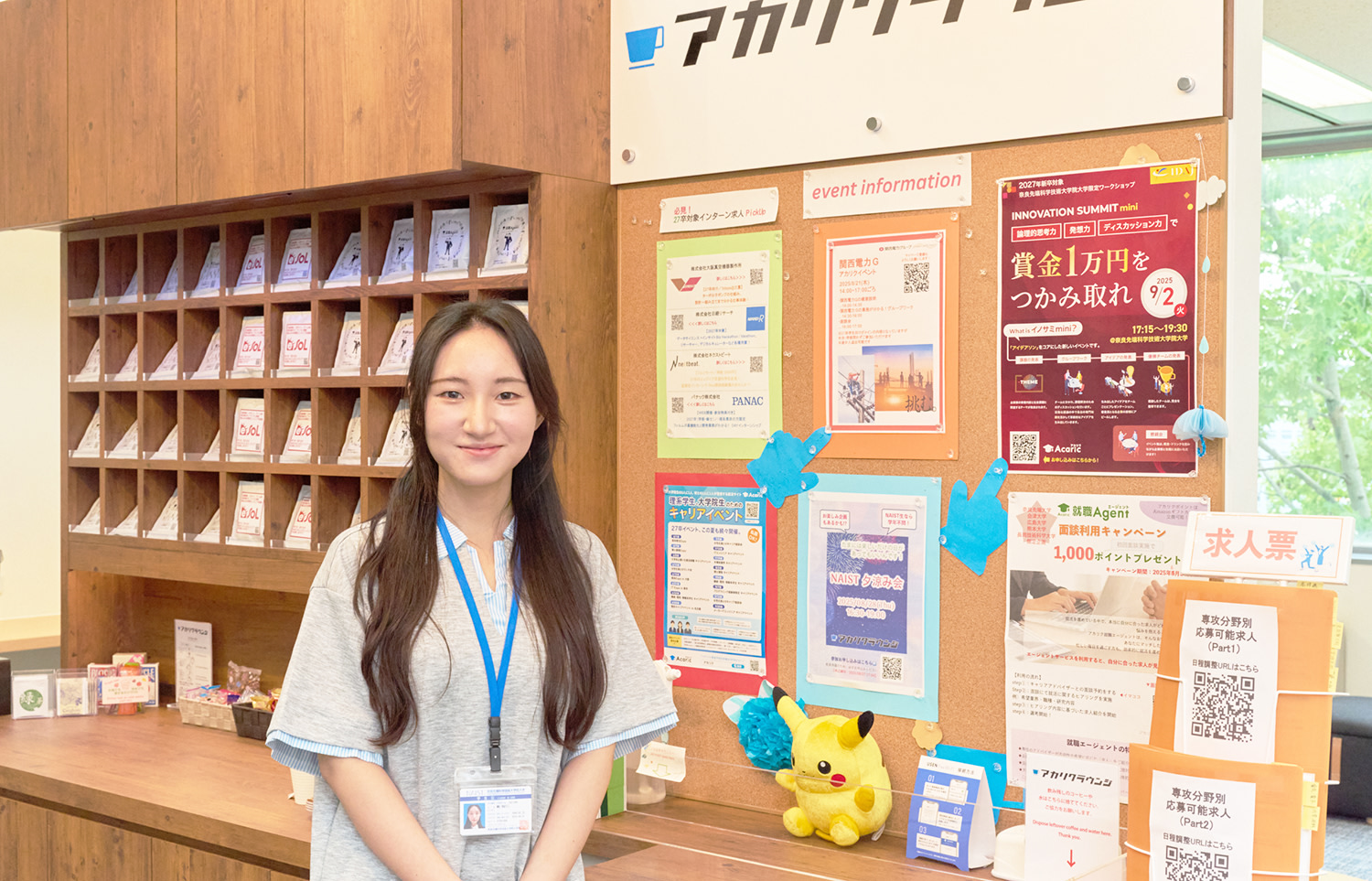あなたの研究テーマについて教えてください。What is your research theme?

Research Title:
"Identify Key Gene Modules and Infer Gene Regulatory Networks of Diffuse Large B-Cell Lymphomas(DLBC) Using Machine Learning"
Summary of Research & Its Significance:
My research focuses on understanding how genes interact and regulate each other in a type of blood cancer called diffuse large B-cell lymphoma, or DLBCL for short. This cancer is known to be very complex and genetically diverse, which makes it hard to treat and predict outcomes. What I’m trying to do is use a combination of biological data—like gene expression levels—and computational tools, especially machine learning models, to identify which genes play the most central roles in the disease.
The idea is to build a network that shows how genes influence one another, and then use algorithms to find the most “important” or “influential” ones—these are often called hub genes. I analyze not just how much these genes are expressed, but also how they behave in the network and whether they’re linked to any known biological pathways or patient outcomes.
From an academic point of view, this work helps bridge computational methods with real-world biological questions. Instead of just relying on wet-lab experiments, which can be time-consuming and costly, my approach allows us to make data-driven predictions that can guide future drug work more efficiently.
Potential Societal Impact:
If we can better understand which genes are driving this cancer, we might be able to suggest new biomarkers for early diagnosis or even potential targets for therapy. While I’m not directly developing drugs or treatments, my work helps lay the foundation for that kind of work by narrowing down the list of genes that other researchers or clinicians should focus on.
なぜ博士課程へ進学しましたか?Why did you decide to pursue a doctoral program?

To be honest, during my master’s program, I didn’t initially plan on going further. I thought two years would be enough, and I’d go straight into industry. But as I got deeper into my research—especially when I started working on data analysis in biology—I realized how many questions were still unanswered, and how exciting it felt to try and solve even just a small part of them.
What really changed my mind was one particular project during my master’s. I was analyzing cell movement using imaging data, and I found that just writing code to make sense of messy biological data gave me this weird mix of frustration and joy. It was hard—but I liked it. More importantly, I felt that I was contributing something original, not just repeating what others had done. That sense of curiosity and the freedom to explore it—those were things I didn’t want to let go of after finishing my degree.
I also realized that a master’s is often about applying known methods, but a PhD gives you the space to question the methods themselves—or even create new ones. That idea of doing something that no one has done before, no matter how small, really motivated me to continue.
So it wasn’t a single moment that pushed me into a PhD—it was more like a gradual shift, as I became more confident in handling research problems, and more curious about where these problems could lead. And that’s what brought me here.
Graniteの支援で役立っている・助かっていることを教えてください。Please share what has been helpful or beneficial through the support provided by Granite.
One of the most valuable things I’ve gained through Granite’s support is the chance to join an overseas lab stay this coming September. I’ll be spending about three months at the University of Trento in Italy, working in a research lab that focuses on computational biology. This kind of international experience is something I wouldn’t have been able to access without Granite’s support.
Beyond the financial help, what I appreciate most is how the program encourages us to grow not just as researchers, but as individuals who can contribute to international teams. There are a lot of optional activities and networking opportunities that I’ve found really motivating—workshops, career talks, and even chances to meet people working in industry. These experiences have helped me think more clearly about my future and how to connect my research to broader goals.
Also, as someone who’s hoping to build a career in Japan after graduation, I feel that being part of Granite has really strengthened my profile. It shows that I’m capable of working across cultures and adapting to different research environments, which I believe is a strong point when applying for jobs here.
将来の目標、もしくはあなたが胸に秘めた野望があればぜひ教えてください。Please share your future goals or any ambitions you hold close to your heart.
Looking ahead, my biggest goal is to keep working at the intersection of biology and data science. I want to be part of a team—or even lead one someday—that uses computational tools to solve real-world problems in health and disease. Whether it's through academia, industry, or a research institute, I hope to keep contributing to projects that have both scientific value and a direct impact on people’s lives.
One personal ambition I hold close is to build a career in Japan. I’ve spent several years here during my graduate studies, and I’ve come to really appreciate the research environment, the culture, and the work ethic. I’d love to stay and work in a place where international collaboration is encouraged and where I can continue to grow both as a researcher and as a person.
In short, I want to keep learning, keep building meaningful tools through data, and contribute to something larger—ideally in a way that connects global perspectives with local impact.
博士課程進学を考えている人へのメッセージをください。Please share a message for those considering pursuing a doctoral program.

If you're thinking about doing a PhD, my biggest advice is: take your time to figure out why you want to do it. A PhD can be incredibly rewarding, but it's also long and sometimes isolating. It’s not just about getting a title—it’s about committing to solve problems that might not have a clear answer for years. So before you decide, try to get a taste of what research really feels like.But don’t be afraid if you feel unsure. I think most of us weren’t 100% confident at the beginning. But if you’re curious, get excited thinking of new ideas and comfortable working independently for long periods, you’ll probably grow more than you expect. And that, in itself, makes it worth it.






